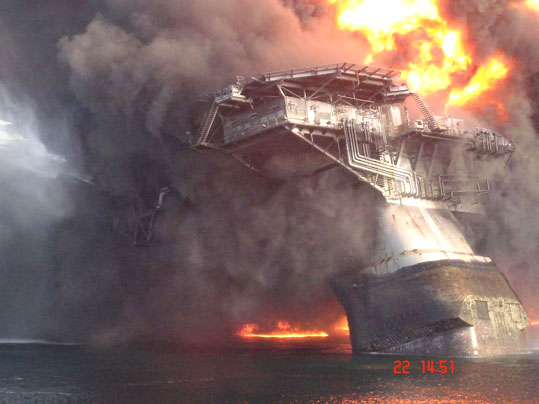Interviewed by Kerry O'Brien on the 7.30 Report, he said:
...drug usage has exploded during the war on drugs. To quote one British figure 'the number of heroin users over about 30 years increased from 2000 to 300,000.' The prevalence of drugs has exploded to the point that the prices have fallen so cocaine, in real terms, now costs about a sixth of what it did at the start of the war on drugs. Heroin costs about a tenth of what it did on the start of the war on drugs.He goes on to reveal some of his inside knowledge of the mechanism that increases drug use under prohibition:
If the average drug user has to fund his drug usage in some way and he doesn't have a high flying job he usually turns to crime. When he gets sick of breaking into houses or holding up banks or service stations, he then turns to selling drugs. and of course he goes along to see his dealer and his dealer doesn't say 'here's a list of my established customers', he can service them he doesn't need you for that, so he says to you 'go out and persuade other people to take drugs' and you have this constant pressure, therefore, by people to persuade others to take drugs so they can fund their own addiction.This of course is not what prohibitionists claim -- they say that regulated legal supply would cause an explosion of drug use, as if there were huge latent pools of people out there longing to inject an addictive drug if only it was legal (I have yet to meet such a person).
It partially explains why drug use does not in fact rise significantly when the War is relaxed. This result is, however, counter-intuitive.
By way of comparison, if the police stopped their war against speeding, there would probably be a lot more people speeding. But it's not so for drugs, which contradict a number of commonly accepted economic models. Prohibitionists ignore this (or themselves are ignorant of it) and exploit the lack of first-hand knowledge in the general public.
All the more reason to listen to Ken Crispin, who does know. His book is on my shopping list.





